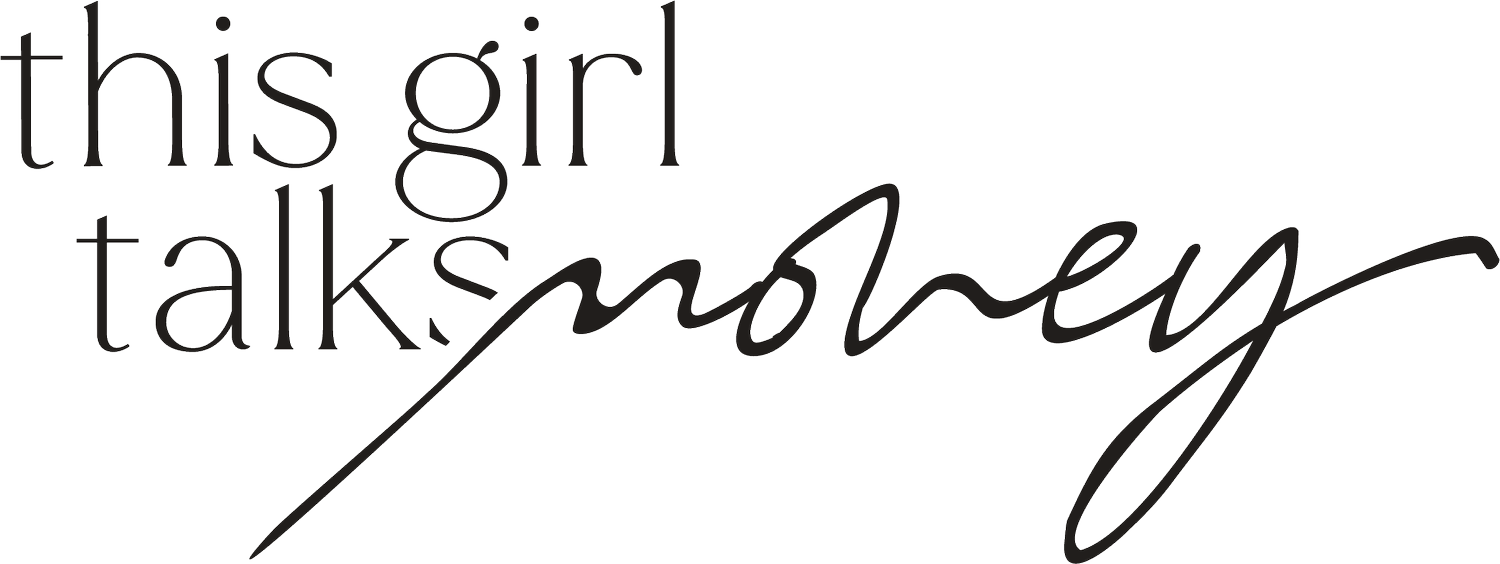Three tools to help you feel better for less
It’s no secret that the cost of looking and feeling good is endlessly high, from nail appointments to skincare, therapy and more. Over the last decade, we’ve seen an explosion in the conversation about the importance of taking care of ourselves, both mentally and physically. Yet the cost of looking and feeling good creeps up very quickly, making it difficult for millions to access the services they want or need to feel good.
The positive news is that increasingly, innovative services are popping up aiming to tackle the cost of feeling good from the inside out. Here, I’ve popped together a handful of the latest places that share the aim of making feeling good inside more accessible.
Podcast: The Positive Psychology Podcast
Covering a whole range of topics under the umbrella of positive psychology, this podcast claims that it “brings the science of the good life to your earbuds”. With plenty of strategies that can help you with your own approach to life and figure out ways to become happier, the podcast has been on the air since 2014 and continues to bring in the rave reviews. Whether it’s stress, sex or self-love, there’s an episode for you.
Diary App: Daylio
If you’re looking to keep track of your moods and habits, Daylio helps you to compile a diary record of your mood on a daily basis without having to write a thing. The app allows you to track whatever it is you wish to track, whether that’s exercise, meditation or how you feel. Daylio prompts you to record activities and moods using symbols, creating a visual diary of how you feel and allowing you to observe helpful (or less than helpful) behaviours.
Community: tomo
Designed to help users build habits with the support of a community, tomo uses a chatbot and therapeutic techniques to suggest activities and habits shown to support mental wellbeing. Based on scientific research, tomo aims to improve symptoms of anxiety, stress and depression by delivering tools to keep users moving forward and building confidence and improving self care.
Intrigued about the future of therapy and whether the future really is accessible to all? Listen to the latest episode of Money Unfiltered with Louise Rumball, founder of OpenHouse.


